China's industrial production profits fell 9.1% in May from a year earlier, marking the sharpest decline since October 2024.
Last September, the index recorded a “dizzying” drop of 27.1% compared to the same period last year, forcing Beijing to immediately increase stimulus measures to reverse the situation.
This is seen as a key gauge of the financial health of factories, mines and utilities in the world's second-largest economy , suggesting that stimulus efforts have not been enough to boost profitability for many businesses.

China's manufacturing industry still faces many uncertainties (Photo: Getty).
The data just released further highlights the mixed picture of China's economy. The country's retail sales in May increased at the fastest pace since late 2023, at 6.4%, but industrial output and fixed asset investment both missed expectations.
Despite the disappointing results, economists say the Chinese government will not rush to roll out additional stimulus measures until there are signs of deeper economic stress.
China's gross domestic product (GDP) growth in the second quarter may have reached 5%, bringing first-half GDP to 5.2%, above Beijing's official target of 5%, said Robin Xing, chief China economist at Morgan Stanley. This reduces the urgency to ramp up stimulus.
However, Mr. Xing warned that China's growth is likely to weaken in the second half of the year due to persistent deflationary pressures, lower demand stemming from previous tariff evasion, and the impact of trade barriers erected by the US.
China’s exports have held up well this year despite tariff uncertainty. Instead, Beijing has been pushing to sell more goods to Southeast Asian markets and the European Union. In May, exports rose 4.8% year-on-year, even as shipments to the United States plunged 34.5%.
On June 26, US President Donald Trump revealed that a deal with China had been signed but did not provide further details. A White House official later confirmed that the agreement was more comprehensive than what was reached in Geneva and London. US Secretary of Commerce Howard Lutnick also shared the initial information about the agreement, with the rare earth bottleneck being removed.
Beijing and Washington had agreed to reduce tariffs for 90 days, a concession that set the stage for good-faith negotiations between the world's two largest economies. However, the future of the much-anticipated trade deal was thrown into doubt after both countries accused the other of violating the terms agreed in Switzerland.
Source: https://dantri.com.vn/kinh-doanh/tin-hieu-quan-trong-trong-hoat-dong-san-xuat-cong-nghiep-cua-trung-quoc-20250627152914840.htm


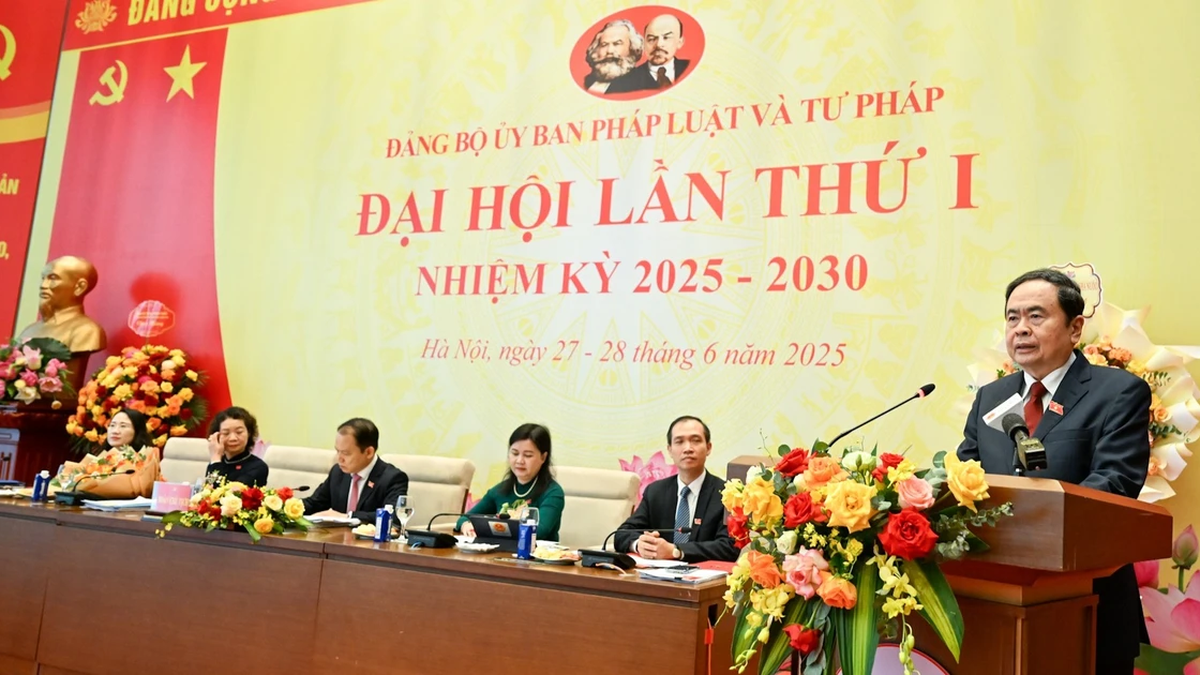


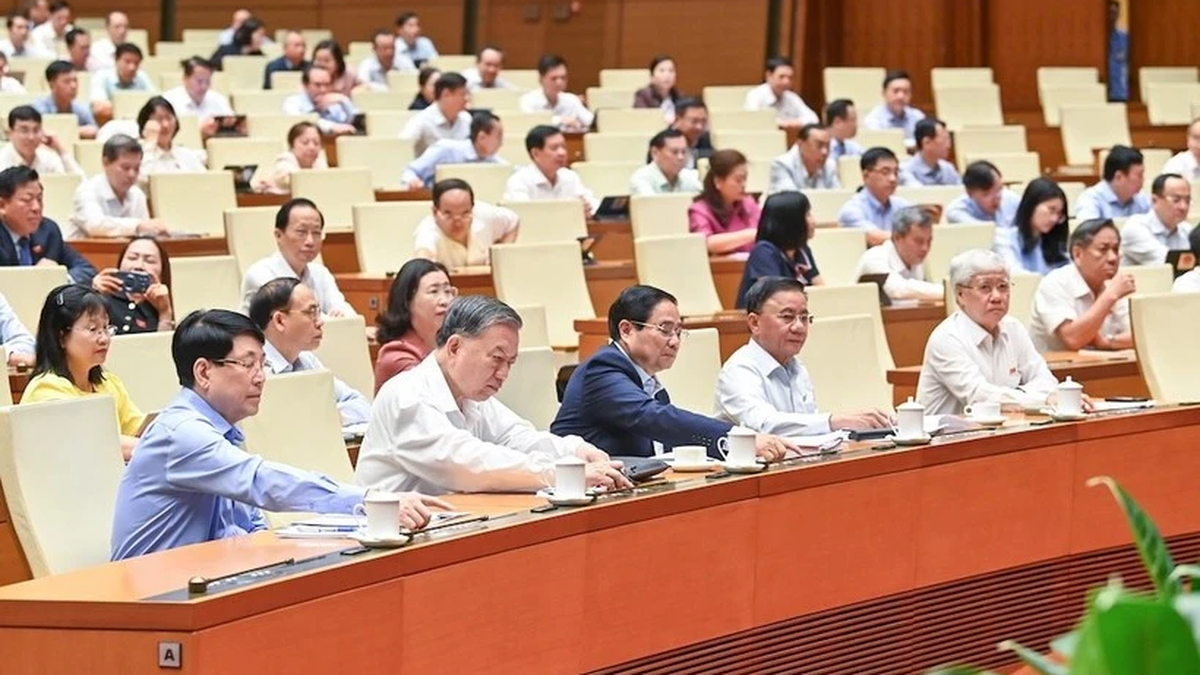











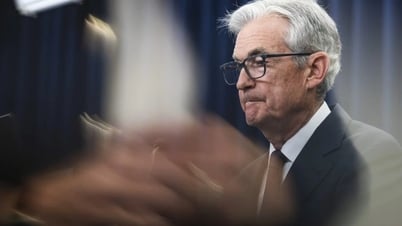




















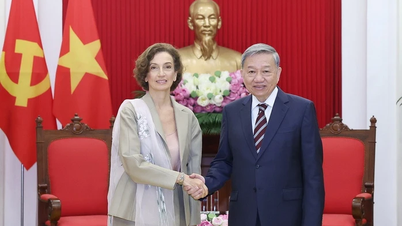














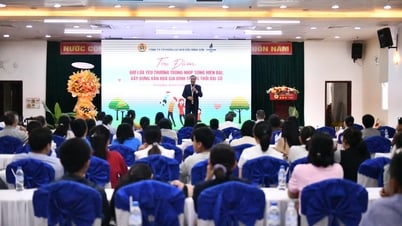








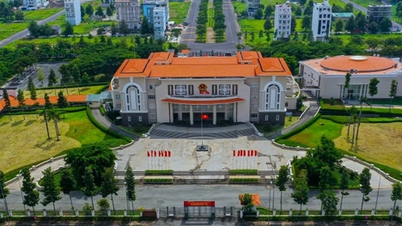







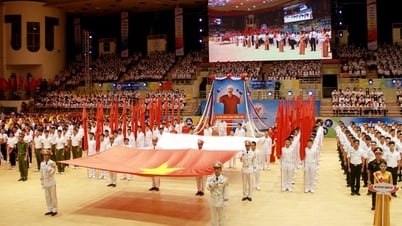

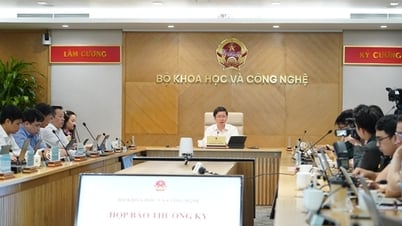









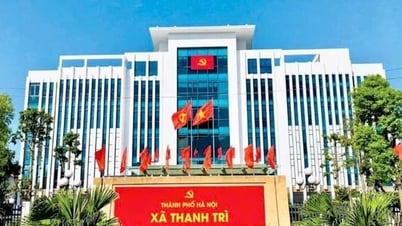


















Comment (0)